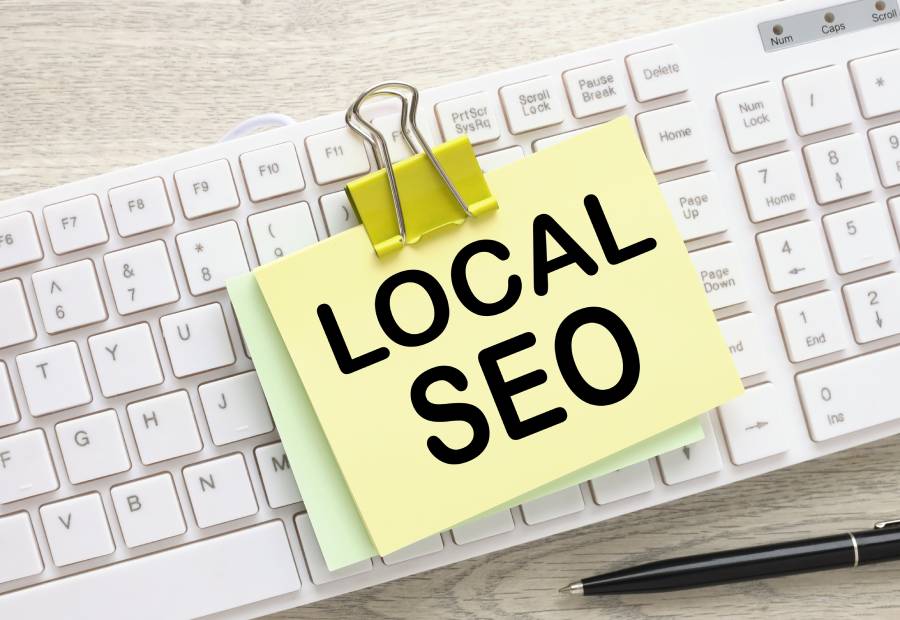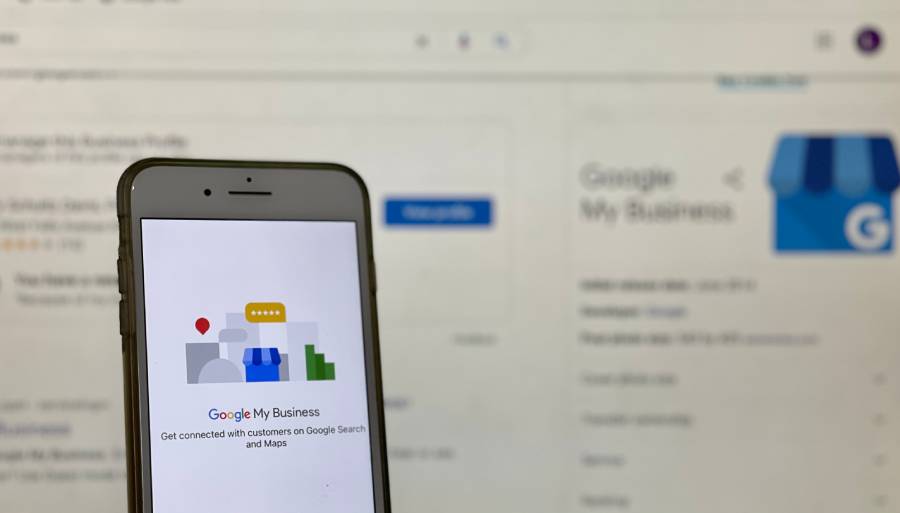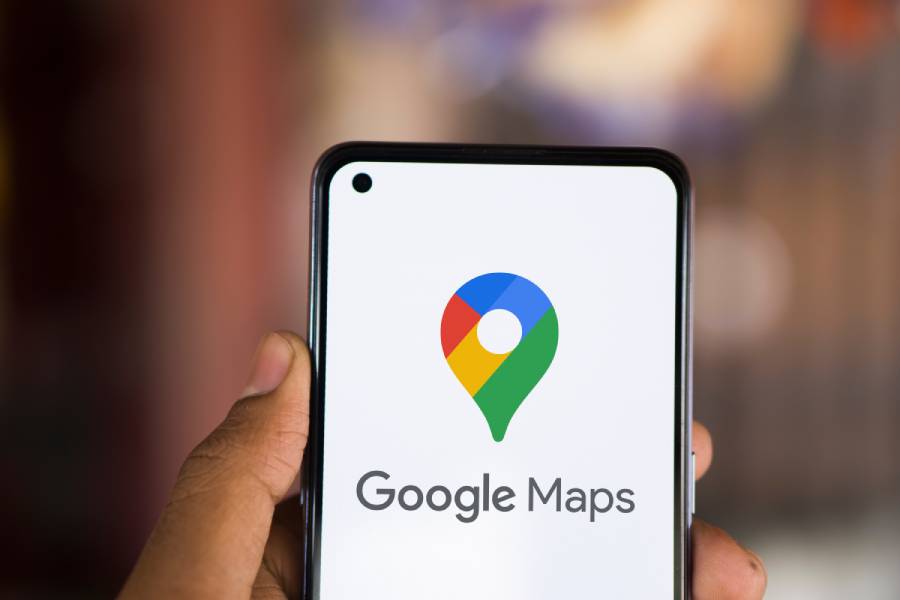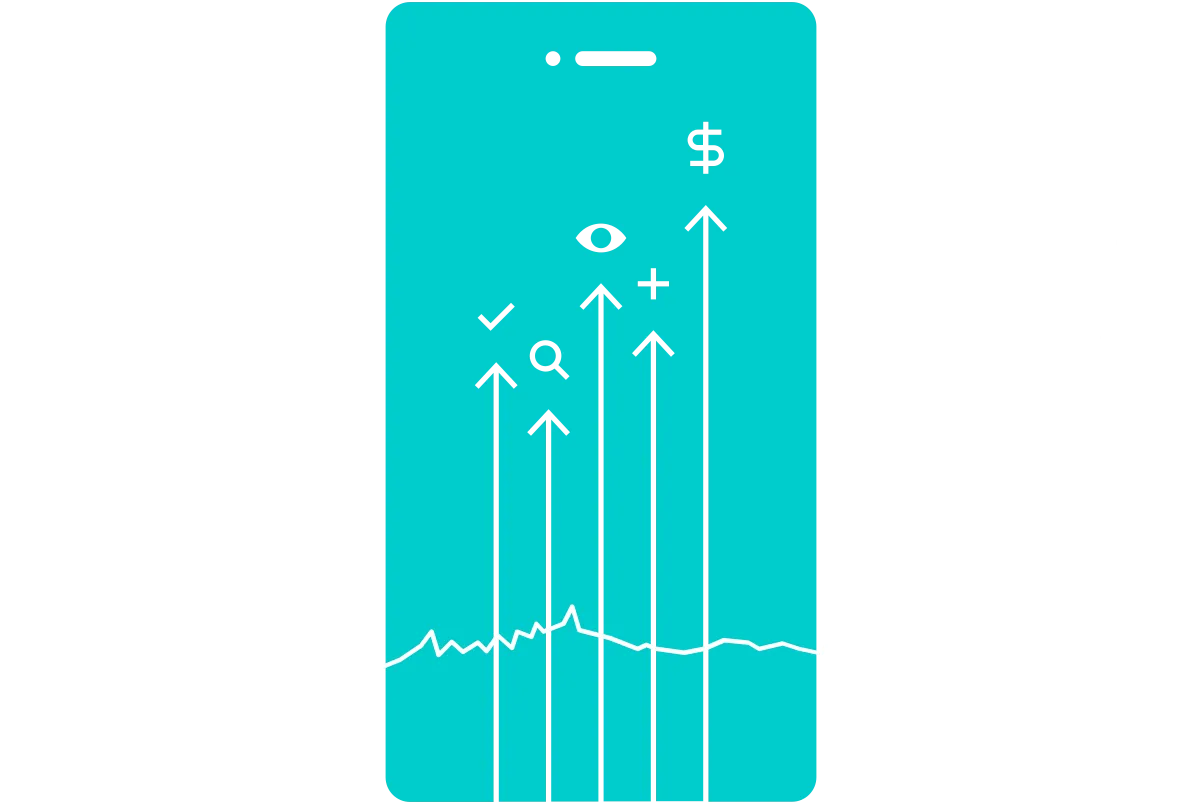In the fast-paced digital marketing landscape, two strategies reign supreme – search engine optimization (SEO) and pay-per-click (PPC) advertising. These powerful tools have transformed how businesses connect with their target audience online, each offering a unique approach to visibility and customer acquisition. As companies strive to carve out their digital niche, the debate between SEO vs PPC continues to spark discussion among marketers and business owners alike.
This article explores the fundamental aspects of both strategies, shedding light on their distinct characteristics and potential impacts on a business’s online presence. We’ll dive into the long-term benefits of organic search visibility versus the immediate results of paid advertising. We’ll consider factors such as budget, time investment, and overall marketing goals.
Whether you’re a startup looking to make your mark or an established brand seeking to refine your digital strategy, understanding the nuances of SEO and PPC is crucial in today’s competitive online environment.

SEO vs. PPC
SEO and PPC are two popular strategies in digital marketing, both aimed at increasing website traffic. While they share this common goal, their approaches differ significantly.
SEO focuses on improving your website’s visibility in organic search results, while PPC involves paying for ads to appear at the top of search engine results pages. Understanding these two strategies and how they can work together is crucial for developing an effective online marketing plan.
SEO (Search Engine Optimization)
SEO is a long-term strategy focused on optimizing your website to rank higher in organic search results. It includes on-page SEO, which involves using relevant keywords, improving site speed and mobile-friendliness, and creating high-quality content.
Off-page SEO focuses on building backlinks and increasing online engagement to boost authority. Technical SEO addresses the backend, optimizing site structure, speed, and mobile responsiveness to ensure search engines can easily crawl and index your site. Together, these practices enhance relevance, authority, and user experience, improving overall search engine rankings.
Consistent SEO efforts help maintain and grow traffic over time, making it essential for businesses aiming to increase online visibility. A well-rounded approach ensures long-term success in a competitive digital landscape.
PPC (pay-per-click)
PPC (pay-per-click) is an advertising model where businesses pay each time a user clicks on their ad. This approach allows them to buy site visits instead of earning them organically. These ads typically appear at the top of search engine results pages, with Google Ads being the most popular platform.
In PPC, advertisers bid on keywords relevant to their business, ensuring their ads are shown when users search those terms. Successful campaigns require effective keyword research, engaging ad copy with clear calls to action, and optimized landing pages. PPC offers precise audience targeting through location, device, and behavior options. This boosts conversion potential.
By adapting campaigns using performance data, businesses can maximize ROI in the digital landscape. This adaptability helps them stay relevant and responsive to market trends and consumer needs.
Benefits of SEO
One of the primary benefits of SEO is its potential for long-term results. Once your website ranks well for relevant keywords, you can continue to receive organic traffic without paying for each visitor. This makes SEO very cost-effective in the long run, especially for small businesses with limited marketing budgets.
SEO also helps build credibility and trust. Users often perceive websites that rank high in organic search results as more trustworthy than paid ads. By providing valuable content and a good user experience, you’re not just improving your search rankings, but also building a positive reputation with your audience.
Another advantage of SEO is its broad reach. By optimizing for a wide range of relevant keywords, including long-tail phrases, you can attract visitors at various stages of the buying process. This can help you build brand awareness and nurture leads over time.
Benefits of PPC
The most significant advantage of PPC is its ability to generate immediate results. As soon as your ads are approved and your campaign is live, you can start receiving targeted traffic to your website. This makes PPC ideal for new businesses, product launches, or time-sensitive promotions.
PPC also offers precise control over your advertising budget. You can set daily or monthly spending limits and adjust your bids for different keywords or ad groups. This level of control allows you to manage your marketing costs effectively and allocate your budget to the most profitable campaigns.
Another benefit of PPC is the wealth of data it provides. PPC platforms offer detailed analytics on your ad performance, including click-through rates, conversion rates, and return on ad spend. This data can help you refine your campaigns over time and make informed decisions about your marketing strategy.
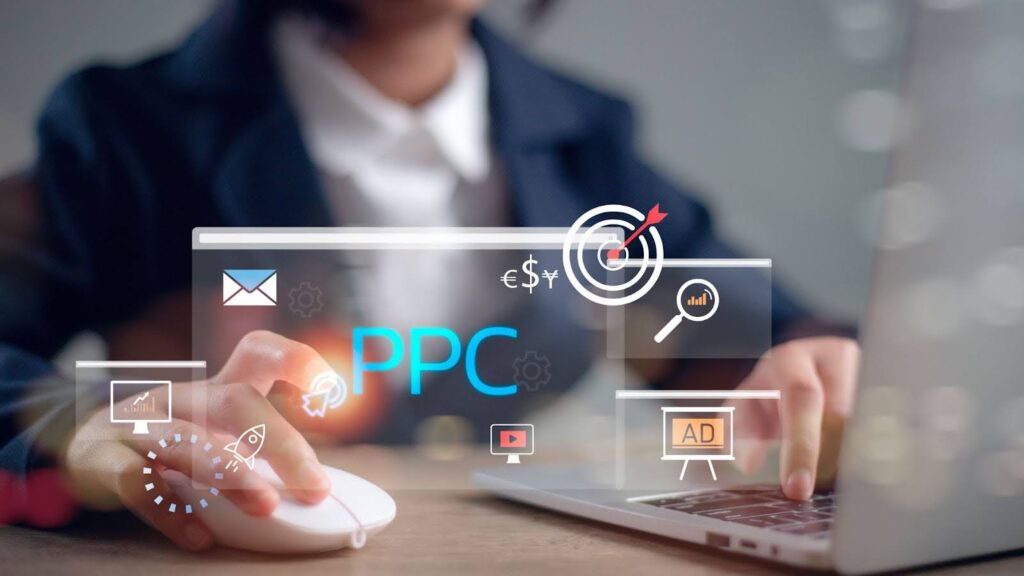
SEO vs PPC ROI
ROI comparison – SEO vs. PPC
When comparing the return on investment (ROI) of SEO and PPC, it’s essential to consider both short-term and long-term perspectives. PPC typically delivers quicker returns, enabling immediate traffic to your site; however, this traffic can become costly over time, particularly in competitive industries.
In contrast, SEO requires a longer investment to see results but can yield better long-term ROI. Once high rankings are achieved, organic traffic can continue without the need for ongoing payments, resulting in a lower cost per acquisition.
The lasting effects of SEO can create a cumulative advantage over time, leading to sustained traffic growth. This organic presence can enhance brand credibility and trust, further benefiting your business.
Choosing the right strategy
The best choice between SEO and PPC often depends on various factors, including business goals, budget, timeline, and competitive landscape. In highly competitive sectors, PPC may be necessary for quick visibility, while less competitive niches may benefit more from SEO’s long-term value.
Ultimately, a balanced approach that leverages both strategies can often provide the best results. Combining SEO and PPC can create a synergistic effect, allowing businesses to capture both immediate and sustainable traffic.
Regularly assessing performance metrics and adapting strategies will help ensure optimal resource allocation and maximize overall effectiveness. This flexibility allows businesses to respond quickly to changes in market conditions and competitor actions.
SEO and PPC working together
Synergy between SEO and PPC
While SEO and PPC are distinct strategies, using both together creates a comprehensive digital marketing approach that maximizes visibility and reach. PPC offers immediate traffic and visibility, which is especially helpful for new websites or businesses in competitive markets. In contrast, SEO focuses on improving organic rankings over time.
PPC allows for quick testing of keywords and landing pages, providing valuable data to refine your SEO strategy. As SEO efforts take time to build traction, PPC can fill the gap by driving traffic and generating leads in the short term. This dual approach ensures consistent visibility and helps businesses stay competitive, offering a flexible way to adapt to changing market conditions.
Enhanced search presence and data sharing
Combining SEO and PPC helps dominate search results by appearing in both paid and organic listings, increasing click opportunities. PPC ads can focus on promotional or time-sensitive messaging, while organic content delivers evergreen value.
The data from PPC campaigns also informs SEO efforts, helping identify high-performing keywords to target organically and supporting terms where organic ranking is challenging.
By leveraging both strategies, businesses can optimize their ad spend and organic traffic for a higher overall ROI. This creates a more efficient and effective digital marketing strategy. This synergy ensures better long-term results and a stronger online presence.
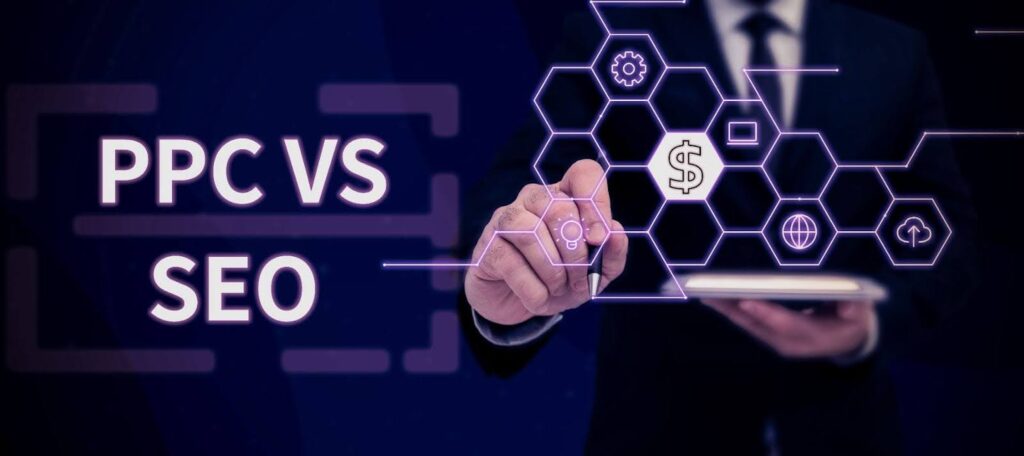
Conclusion
In digital marketing, both SEO and PPC are vital for driving website traffic and enhancing online visibility. SEO offers long-term, cost-effective results and builds credibility, while PPC provides immediate visibility and precise targeting.
The choice between these strategies depends on factors like business goals, budget, and competitive landscape. When considering SEO vs PPC, the most effective approach often combines both. Leveraging SEO and PPC together creates a comprehensive strategy that maximizes online presence, allowing for immediate visibility through PPC while building long-term organic growth via SEO.
Success ultimately lies in understanding each strategy’s unique benefits and skillfully integrating them to achieve specific marketing objectives. By balancing both approaches, businesses can optimize their digital marketing efforts for maximum impact.


